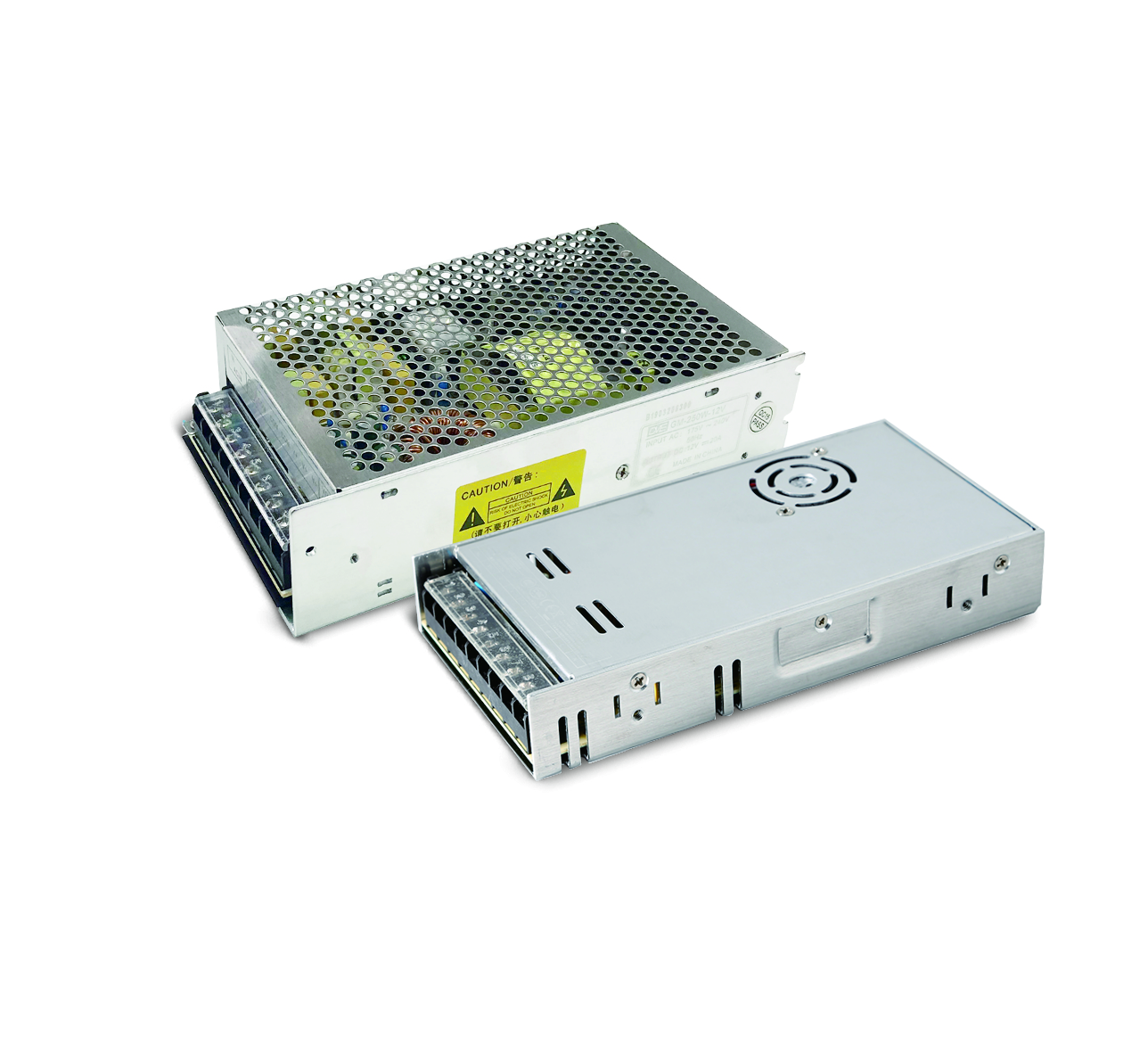Industrial Power Supply in Automation: What You Need to Know?
In the rapidly evolving world of industrial automation, a reliable and efficient industrial power supply is the backbone of any modern factory or production line. From powering sensors and programmable logic controllers (PLCs) to ensuring uninterrupted operations of robotic systems, the role of a stable power source cannot be overstated. Here we explore the fundamentals of industrial power supplies, their significance in automation, and the key factors to consider when choosing the right solution for your application.
Understanding Industrial Power Supplies
An industrial power supply is an electrical device that converts one form of electrical power to another to provide consistent, reliable energy to automation components. These power supplies typically convert AC (alternating current) from the main grid into regulated DC (direct current) voltages, which are necessary for operating sensitive automation equipment.
Common voltage outputs include 24V DC, which has become a standard for most automation systems due to its balance between safety and operational effectiveness.
Why Power Supplies Matter in Industrial Automation?
Automation systems are made up of various devices such as sensors, actuators, controllers, and communication modules. All these components depend on clean and reliable power to function properly. A fluctuation, spike, or dip in power can cause errors, system crashes, or even equipment damage. This is where the importance of a regulated power supply for industrial automation becomes apparent.
High-quality industrial power supplies enhance:
● System reliability: By providing stable power, they reduce the risk of downtime and equipment failure.
● Efficiency: They convert power with minimal energy loss, contributing to overall energy efficiency.
● Safety: They prevent overvoltage or current spikes that could damage equipment or pose safety risks.
Key Features of an Ideal Industrial Power Supply
When selecting a power supply for automation systems, consider these essential features:
1. Stability and Reliability
The power supply must deliver consistent voltage under varying load conditions. Industrial environments are often harsh, with fluctuations in temperature, humidity, and vibration. Look for models with rugged designs and certifications like UL, CE, and RoHS compliance.
2. Overload and Short-Circuit Protection
Protective features such as overload, overvoltage, and short-circuit protection are crucial to ensure the longevity of both the power supply and connected devices.
3. Efficiency Rating
Efficiency directly impacts operational costs and heat output. Choose a power supply with high energy efficiency—ideally above 90%—to reduce energy waste and cooling requirements.
4. Modular Design and Scalability
A modular DIN rail power supply offers flexibility and ease of installation, especially for complex automation systems. They allow easy expansion or replacement without system disruption.
5. Input Voltage Range
A wide input voltage range ensures the power supply remains functional even during voltage drops or surges from the main grid.
Common Applications of Industrial Power Supplies
Industrial power supplies are integral to numerous automation sectors, including:
● Manufacturing automation: Robotics, conveyor belts, CNC machines.
● Building automation: HVAC systems, lighting controls, access systems.
● Process automation: Refineries, food processing, chemical plants.
● Energy automation: Solar inverters, battery storage systems.
In each of these applications, power supplies play a vital role in ensuring seamless operation, high productivity, and reduced downtime.
Types of Industrial Power Supplies
Different automation systems may require specific types of power supplies:
1. Linear Power Supplies
Known for their simplicity and low noise, linear power supplies are ideal for sensitive analog equipment but are less efficient due to heat generation.
2. Switch Mode Power Supplies (SMPS)
SMPS are more efficient, compact, and versatile, making them the preferred choice in modern automation systems. They are capable of handling higher power loads with better energy conversion efficiency.
3. Uninterruptible Power Supplies (UPS)
To prevent system shutdowns during power failures, many facilities integrate an industrial UPS system. These units provide backup power for critical systems, safeguarding data and minimizing downtime.
Future Trends in Industrial Power Supply
As industries move toward smarter, more connected systems under the umbrella of Industry 4.0, power supplies are also evolving. Modern units now incorporate:
● Remote monitoring: Allowing real-time diagnostics and predictive maintenance.
● Communication interfaces: Including Ethernet, Modbus, and CANopen for integration with smart control systems.
● Energy management capabilities: Providing analytics to optimize power usage.
Conclusion
In industrial automation, a dependable power supply system is not just a component—it’s a strategic asset. It enables the safe, efficient, and uninterrupted operation of automation processes, driving productivity and minimizing costs.
Whether you’re upgrading an existing facility or building a new automation system from the ground up, choosing the right industrial power supply solution can make all the difference. By understanding the types, features, and selection criteria of industrial power supplies, businesses can future-proof their automation infrastructure and ensure long-term operational success.

